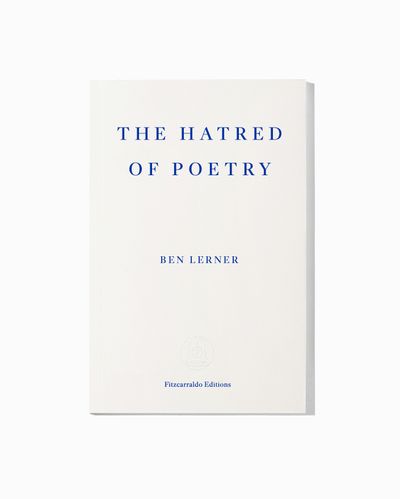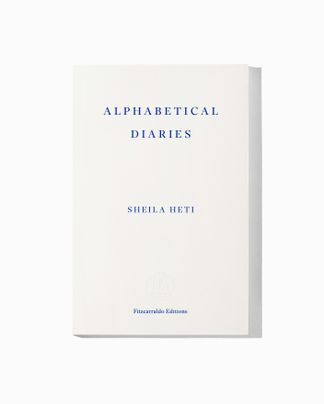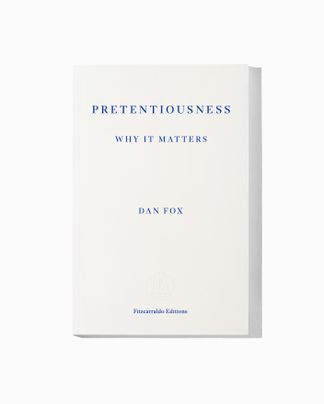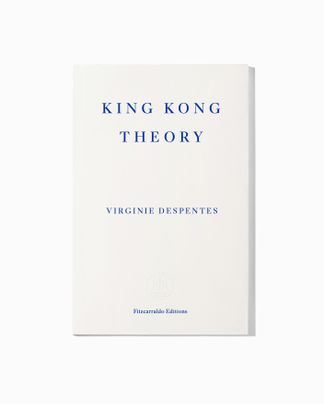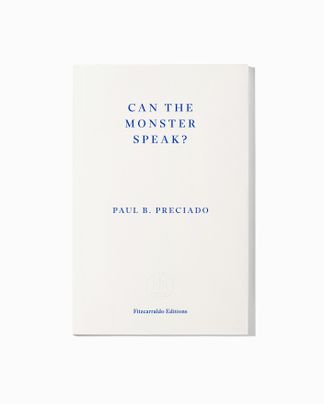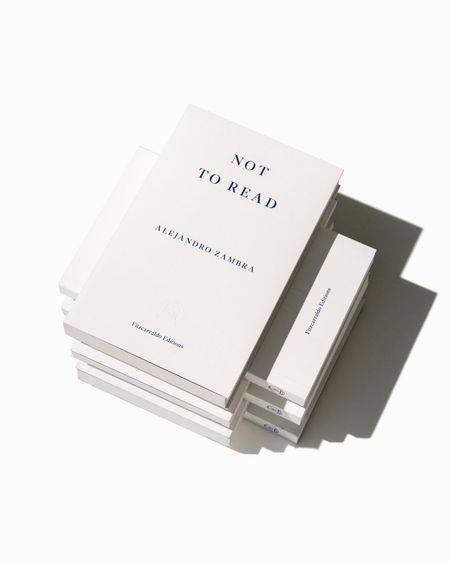No art has been denounced as often as poetry. It’s even bemoaned by poets: ‘I, too, dislike it,’ wrote Marianne Moore. ‘Many more people agree they hate poetry,’ Ben Lerner writes, ‘than can agree what poetry is. I, too, dislike it and have largely organized my life around it and do not experience that as a contradiction because poetry and the hatred of poetry are inextricable in ways it is my purpose to explore.’
In this inventive and lucid essay, Lerner takes the hatred of poetry as the starting point of his defence of the art. He examines poetry’s greatest haters (beginning with Plato’s famous claim that an ideal city had no place for poets, who would only corrupt and mislead the young) and both its greatest and worst practitioners, providing inspired close readings of Keats, Dickinson, McGonagall, Whitman, and others. Throughout, he attempts to explain the noble failure at the heart of every truly great and truly horrible poem: the impulse to launch the experience of an individual into a timeless communal existence. In The Hatred of Poetry, Lerner has crafted an entertaining, personal, and entirely original examination of a vocation no less essential for being impossible.
‘Reading Ben Lerner gives me the tingle at the base of my spine that happens whenever I encounter a writer of true originality. He is a courageous, immensely intelligent artist who panders to no one and yet is a delight to read.’
— Jeffrey Eugenides, author of The Marriage Plot
‘Lerner argues with the tenacity and the wildness of the vital writer and critic that he is. Each sentence of The Hatred of Poetry vibrates with uncommon and graceful lucidity; each page brings the deep pleasures of crisp thought, especially the kind that remains devoted to complexity rather than to its diminishment.’
— Maggie Nelson, author of The Argonauts
‘Loathing rains down on poetry, from people who have never read a page of it as well as from people who have devoted their lives to reading and writing it … Mr. Lerner skates across this frozen lake of pique with delicate skill … The book achieves its goal in the most circuitous of ways: by its (lovely) last sentence, Mr. Lerner might get you longing for the satisfactions of the thing you’re conditioned to loathe.’
— Jeff Gordinier, New York Times
‘Superbly written, with a kind of soft-shoeing élan that wants to project humility but also delight.’
— Katy Waldman, Slate
‘[A] wonderful read … [Lerner] begins hating poetry and urges us, in a Beckett-like way, to ‘hate better’. In between these almost identical poles there lies a fecund meditation on poetry.’
— Manchester Review of Books
‘The hatred of poetry, Mr Lerner shows, can suddenly and revealingly become a vehicle for bitter politics. Yet he also sees communal redemption in the strange bond people have with this ancient art form: if we constantly think poetry is an embarrassing failure, then that means that we still, somewhere, have faith that it can succeed.’
— The Economist
‘An important essay … it doubles as a self-conscious ars poetica from a major American writer.’
— Flavorwire
‘The Hatred of Poetry doesn’t have a problem with gravity; it’s a heavyweight belter which demands concentration and patience. This longform essay by the noted novelist, poet and academic on the doomed, but precious, enterprise of poetry does, however, reward effort.’
— Jane Graham, The Big Issue
Praise for 10:04
‘A generous, provocative, ambitious Chinese box of a novel,10:04 is a near-perfect piece of literature, affirmative of both life and art, written with the full force of Lerner’s intellectual, aesthetic, and empathetic powers, which are as considerable as they are vitalizing.’
— Maggie Nelson, Los Angeles Review of Books
‘Ben Lerner is a brilliant novelist, and one unafraid to make of the novel something truly new. 10:04 is a work of endless wit, pleasure, relevance, and vitality.’
— Rachel Kushner, author of The Flamethrowers
‘Frequently brilliant … Lerner writes with a poet’s attention to language.’
— Hari Kunzru, New York Times
Praise for Leaving the Atocha Station
‘Hilarious and cracklingly intelligent, fully alive and original in every sentence, and abuzz with the feel of our late-late-modern moment.’
— Jonathan Franzen, Guardian
‘A work so luminously original in style and form as to seem like a premonition, a comet from the future.’
— Geoff Dyer, Observer
‘An extraordinary novel about the intersections of art and reality in contemporary life.’
— John Ashbery

